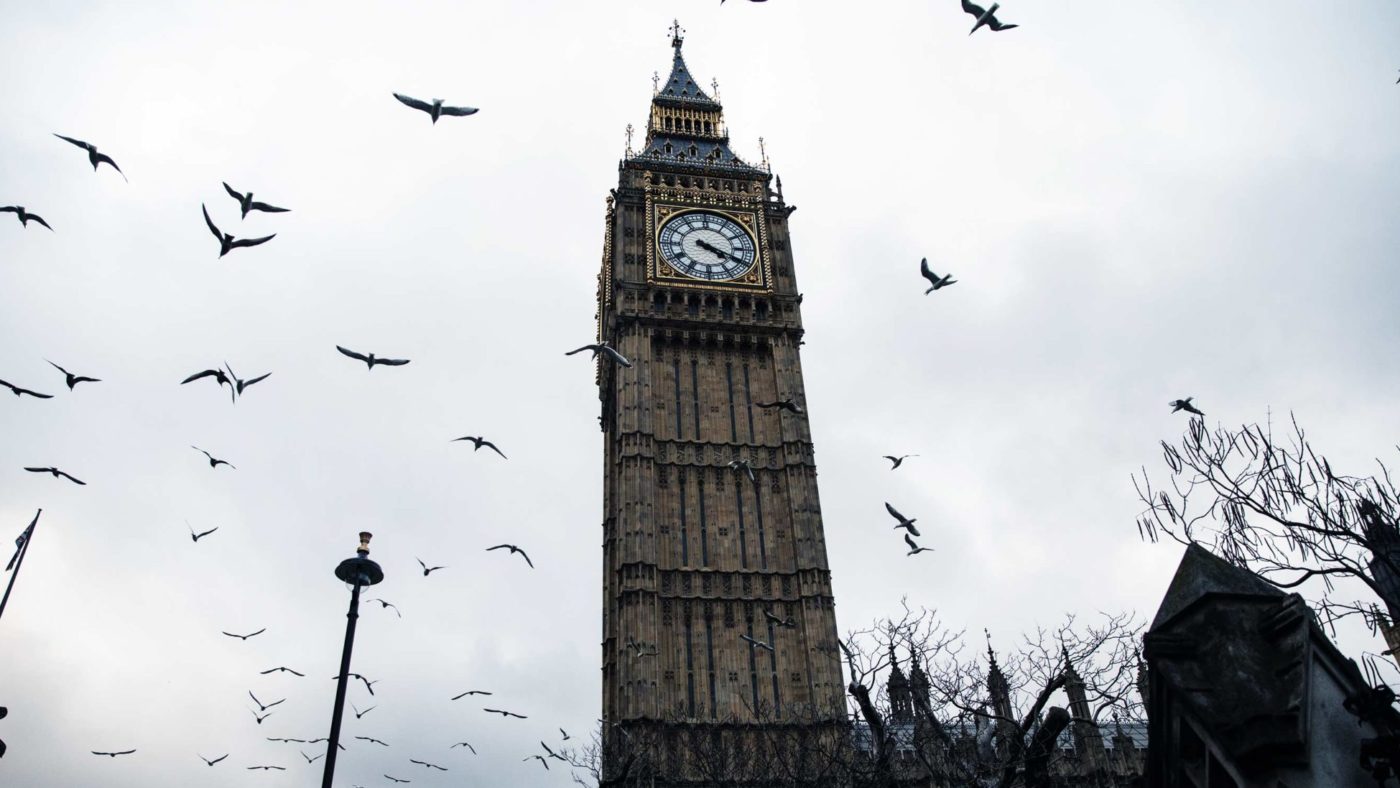Putting Brexit aside for one moment — a task that is as irresistible as it is nigh on impossible — and the beginnings of something more akin to “normal” politics are just about apparent. British politics is slowly inching its way back towards more familiar territory. The politics of taxing and the politics of spending are back on the agenda.
And yet the striking thing, evident in both last week’s budget and the opposition’s response to it, is how unsure of themselves both parties are. Philip Hammond may have qualified Theresa May’s suggestion that the age of austerity is “over” by suggesting it is merely coming towards an end but the direction of travel was clear. This is no time to be aiming for the kind of cuts needed to balance the budget, let alone run a surplus. The climate has changed and voters are less prepared, after enduring ten years of spending restraint, to go along with it.
That necessarily moves the terms of political debate onto friendlier territory for Labour. If the party knows anything, it is how to spend. Hence the tremor of concern in Tory circles; can the party really out-bid Labour in the months and campaigns to come? It seems unlikely.
Hence too, then, the calculation made by the chancellor that the Conservatives will have to return to other, friendlier, and more popular themes: if in doubt, cut income taxes. If most of the benefit will be enjoyed by higher-income earners then so be it. Cutting taxes challenges the Labour party to say what it would do. Accept the cuts or reverse them?
There was, if we are honest, something delicious about seeing the confusion into which this question threw the Labour party this week. Nearly two dozen Labour MPs, many of them from the moderate or even, to use a naughty word, neoliberal wing of the party, defied the party whip and voted against Hammond’s tax cuts for the rich. John McDonnell, hitherto not known as the rich man’s pal, signalled that Labour had no interest in making high-but-still-not-plutocratic earners pay more.
From which we may deduce that Labour is, first, interested in winning the next election and, second, acutely nervous that it is vulnerable on taxation issues. Tax is to Labour as spending is to the Tories; a place where victories are rare and avoiding obvious defeat is what matters.
All of which may be said to reflect the uneasy equilibrium in which British politics currently finds itself. There is a sense in which both parties are waiting for Brexit to be resolved — to the extent that may even be possible — before they can move on to the next phase of engagement. Preparations for that next era are being made even if, at present, they amount to a shoring up of identifiable weaknesses within the Labour and Tory parties more than they demonstrate a real readiness for taking the fight to the enemy.
Although the Conservative party has more to lose from a Brexit that’s perceived to be sub-optimal or, worse, shambolic, Labour’s ability to offer a plausible alternative is circumscribed by its own ambivalence on the subject. Labour’s 2017 voters are overwhelmingly Remainers but the leadership’s views are not — to put it coyly — quite so transparent.
Part of Labour’s calculations owe something to Corbyn’s own views but the party is also palpably anxious about being seen to be seeking to overturn the expressed will of the people that, somehow or other and never mind the detail, Britain must leave the European Union. It is not difficult to see how the Conservative party could mobilise any such intention for its own interests. That would, for sure, be a risk-burdened gambit. But a parliamentary election in which the Tories were the party of Brexit ranged against a divided opposition would at least be a platform around which the Conservative party could unite.
For that reason, if no other, a general election next year might not necessarily be in Labour’s interest. It would be too soon. Better, instead, to let Brexit settle rather than risk fighting an election on ground that would not altogether be of Labour’s choosing. To put it another way, the Tories’ Brexit divisions may be more easily consigned to the past than Labour’s. Only once Brexit has been delivered can Labour suggest how it might be improved or, alternatively, how Britain can best capitalise on the opportunities afforded by Brexit.
Only then, after a lengthy period of phoney war, can “ordinary” politics return in earnest. At present, each party is in the business of stockpiling political ammunition but neither has any great interest in seeing a general election any time soon. That is reflected in the opinion polls too which, while tending to show a modest Tory advantage, are nowhere nearly definitive enough to risk any ambitious action. The sense that the major parties are playing a waiting game is matched by the uneasy — if also weary — mood in the country. Here too it is a question of getting through Brexit first before turning attention to what comes next, what kind of priorities Britain must address and, indeed, what kind of country it should be.


